More severe antibiotic side effects include. Fungal yeast vaginal infections or oral thrush.
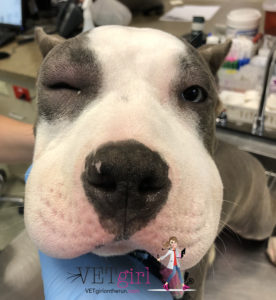
How To Treat The Allergic Reaction In Dogs Vetgirl Veterinary Ce Blog
Unfortunately we often never know the cause for the allergic reaction but it can be due to numerous causes such as the following.

Can dogs have allergic reaction to antibiotics. Incessantly scratching caused by itchy skin. A Disinterest in Food. Another potential side effect that your dog may have to a treatment of amoxicillin though generally uncommon is an allergic reaction.
This may be the most serious side effects and generally comes about within minutes of the first administration of the medicine. Symptoms are typically limited to rash and watery eyes but serious a life-threatening anaphylaxis is possible. Using Antibiotics for Canine Allergies.
Anaphylaxis may occur if you exercise after exposure to a trigger such as after you take an antibiotic. A dog allergic reaction to amoxicillin can also include digestive upset as well as hives redness swelling and other skin reactions. Just like human beings dogs may also be allergic to certain drugs.
Dogs can have allergic reactions to antibiotics but it is relatively uncommon. The pet will start biting scratching or chewing affected areas of the body and this in turn will. Anaphylaxis symptoms include throat tightness trouble breathing tingling dizziness and wheezing.
The same can happen to dogs too. Possible Allergic Reactions to Antibiotics for Dogs. As a penicillin amoxicillin is one of the antibiotics most likely to cause an allergic reaction although this is still extremely rare in dogs.
Amoxicillin Antibiotic Allergic Reaction. Can Dogs Get Allergic Reactions to Antibiotics. Soft stools short-term diarrhea.
Let your veterinarian known if your dog is currently taking cephalosporin aminoglycosides or bacteriostatics. He says that intolerance can include signs such as digestive upset vomiting diarrhea or lack of appetite lethargy or changes in behavior. Antihistamines are generally safe for dogs but they can make a dog drowsy depending on the effect.
In addition to gastrointestinal upsets your dog may experience fever joint pain or a rash. Hives generally appear within 30 minutes of taking the drug and disappear within 24 hours Rashes. Like humans dogs can develop allergies to any drug at any time so past tolerance of a specific antibiotic does not mean it wont cause an allergic reaction in the future.
Antibiotics cause more allergic reactions in dogs than any other group of drugs. An allergic reaction is a serious side-effect so if you believe that your pup is having a reaction to an antibiotic you should stop administering it and call your vet immediately. Severe allergic reaction that results in.
Allergic reaction is rarer but can be more serious. According to Mahaney amoxicillin is not recommended for dogs that have previously exhibited clinical signs of intolerance or an allergic reaction. Bee stings and vaccine reactions among other things can cause an anaphylactic response in some dogs which is why it is always a good idea to keep a close eye on your dog following the.
Signs of a mild allergic reaction include. Antibiotics help to eliminate harmful bacteria and are some of the most important medications for dogs however they are also one of the most common causes of allergic drug reaction. However the usage of topical antibiotics for dogs will not extend as the infection leads to profuse exudate.
Allergic reactions are a very common cause for midnight visits to the emergency room for dogs. You wont know the right dosage for your dog and might give them a drug that doesnt treat their type of infection. Giving your dog a different antibiotic is even more dangerous.
Although antibiotics effectively kill different types of bacterial infections they need to be administered appropriately because they are known to cause various side effects. It is commonly used as an allergy treatment for dogs. Watch for other signs of an allergic reaction as this can affect your dogs future antibiotic options.
This allergic reaction will be mild to severe and may occur right after administering the antibacterial for dog wounds. Common symptoms of an allergic reaction in dogs include swelling rash hives difficulty breathing fever vomiting or seizures. The most common amoxicillin side effect in dogs is digestive tract upset including vomiting diarrhea and lack of appetite.
Claritin loratadine Zyrtec cetirizine and Benadryl diphenhydramine are the commonly used antihistamines for dogs. At best they might simply do nothing. Not all antibiotics are suitable for dogs and they could trigger a severe illness allergic reaction or even death.
Mild skin rash or other allergic reactions. Allergic reactions are often secondary to exposure to some type of antigen an allergen. If the dog is suffering from an allergic reaction he may develop hives facial swelling and show signs of excessive itchiness.
If the dog is allergic to all classes of penicillin such as amoxicillin Amoxil ampicillin Omnipen Principen carbenicillin Geocillin dicloxacillin Dycill Dynapen or oxacillin Bactocill. Anaphylaxis is a sudden life-threatening reaction that needs immediate treatment.
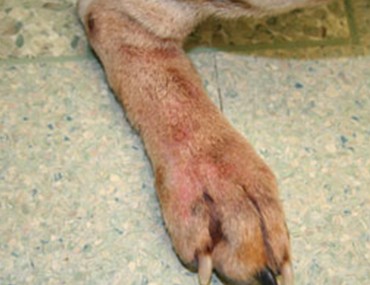
A Quick Guide To Allergic Reactions In Dogs
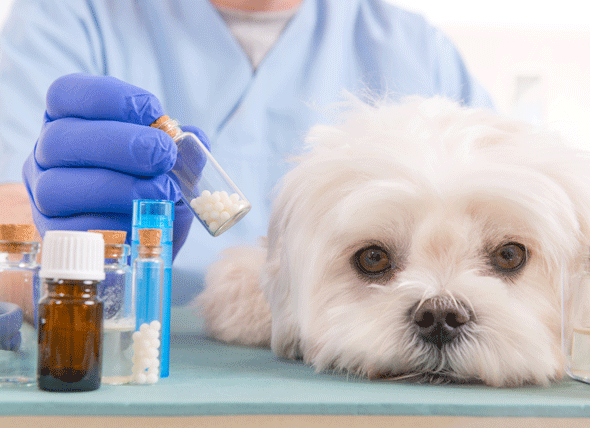
Is Amoxicillin Safe For Dogs Petmd
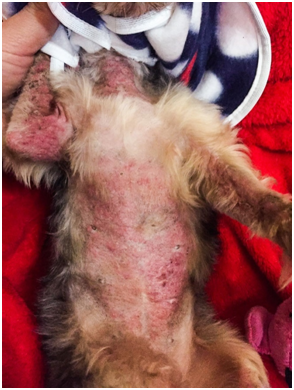
Drug Reaction Caused By Clavulanate Amoxicillin In Dogs Report Of Two Cases Medcrave Online
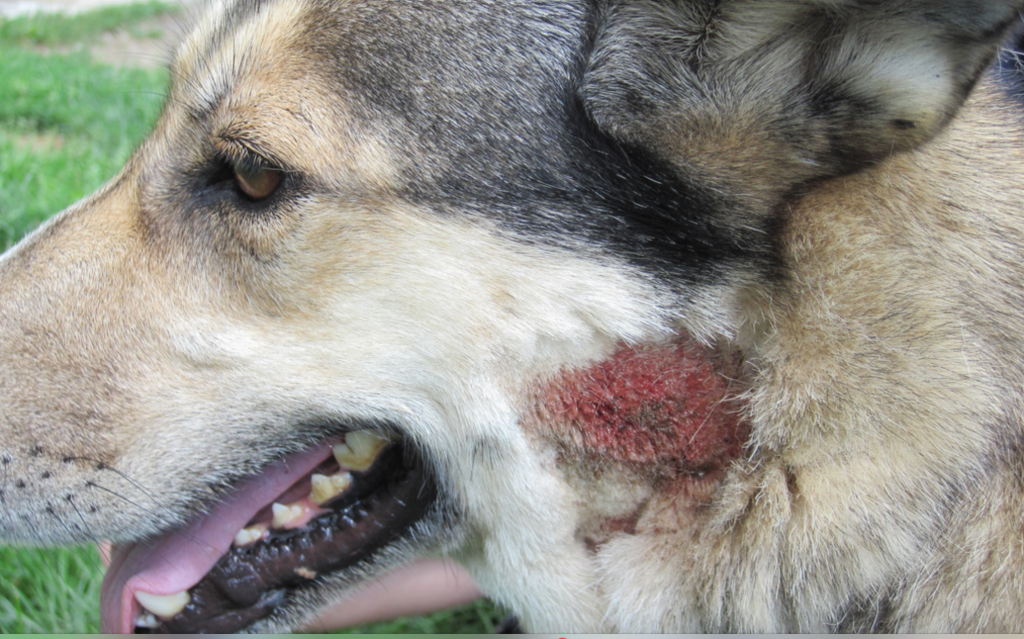
How To Stop Dog Allergies With Powerful Treatments That Work The Dog People By Rover Com

Amoxicillin Allergies In Dogs Symptoms Causes Diagnosis Treatment Recovery Management Cost

Amoxicillin Side Effects In Dogs Cuteness
/labrador-dog-lying-next-to-bottle-of-pills-and-medication--close-up-200467829-001-59a31ce56f53ba00119f7f76.jpg)
Side Effects Of Antibiotics In Dogs
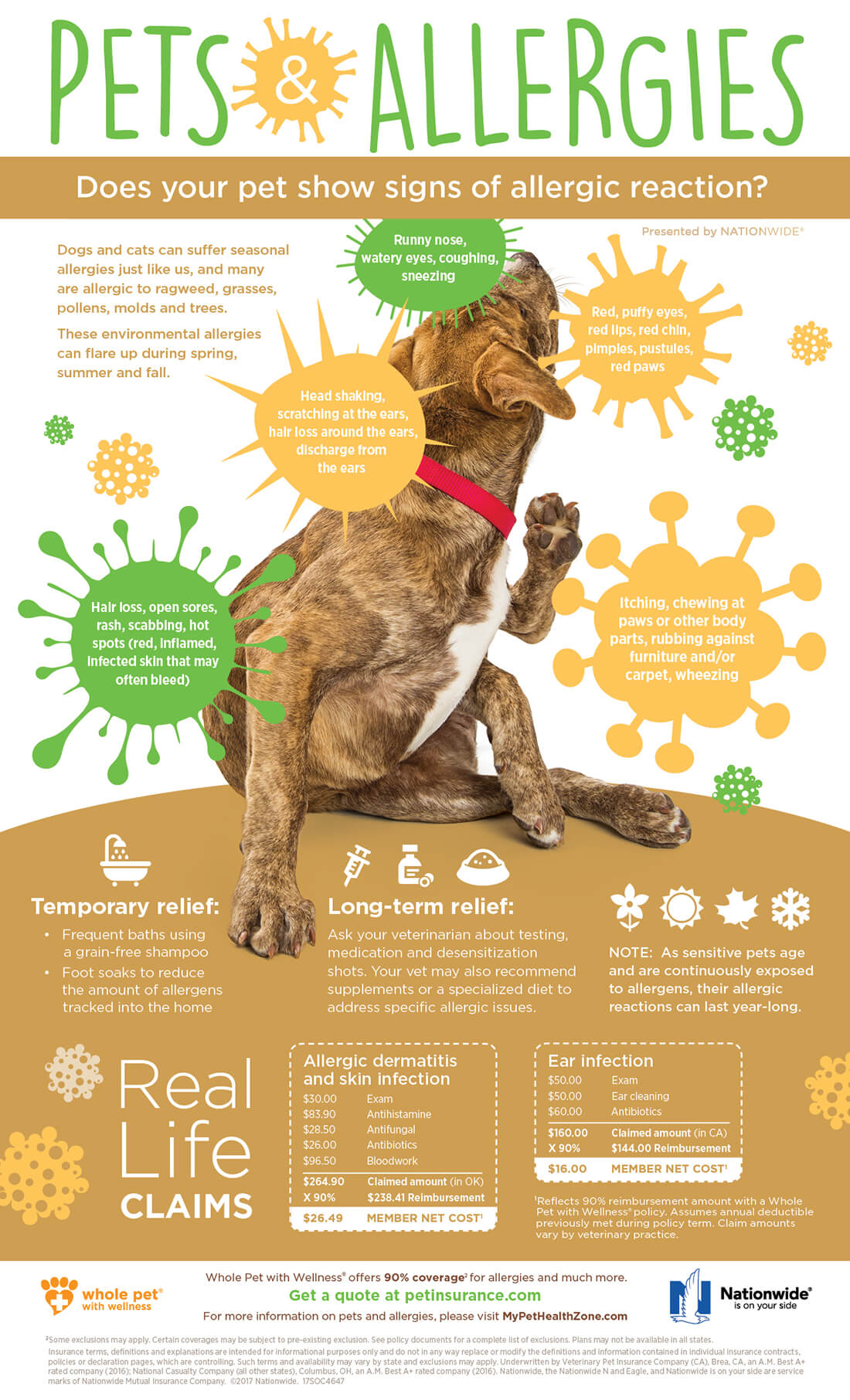
Pets And Seasonal Allergies Pet Health Insurance Tips
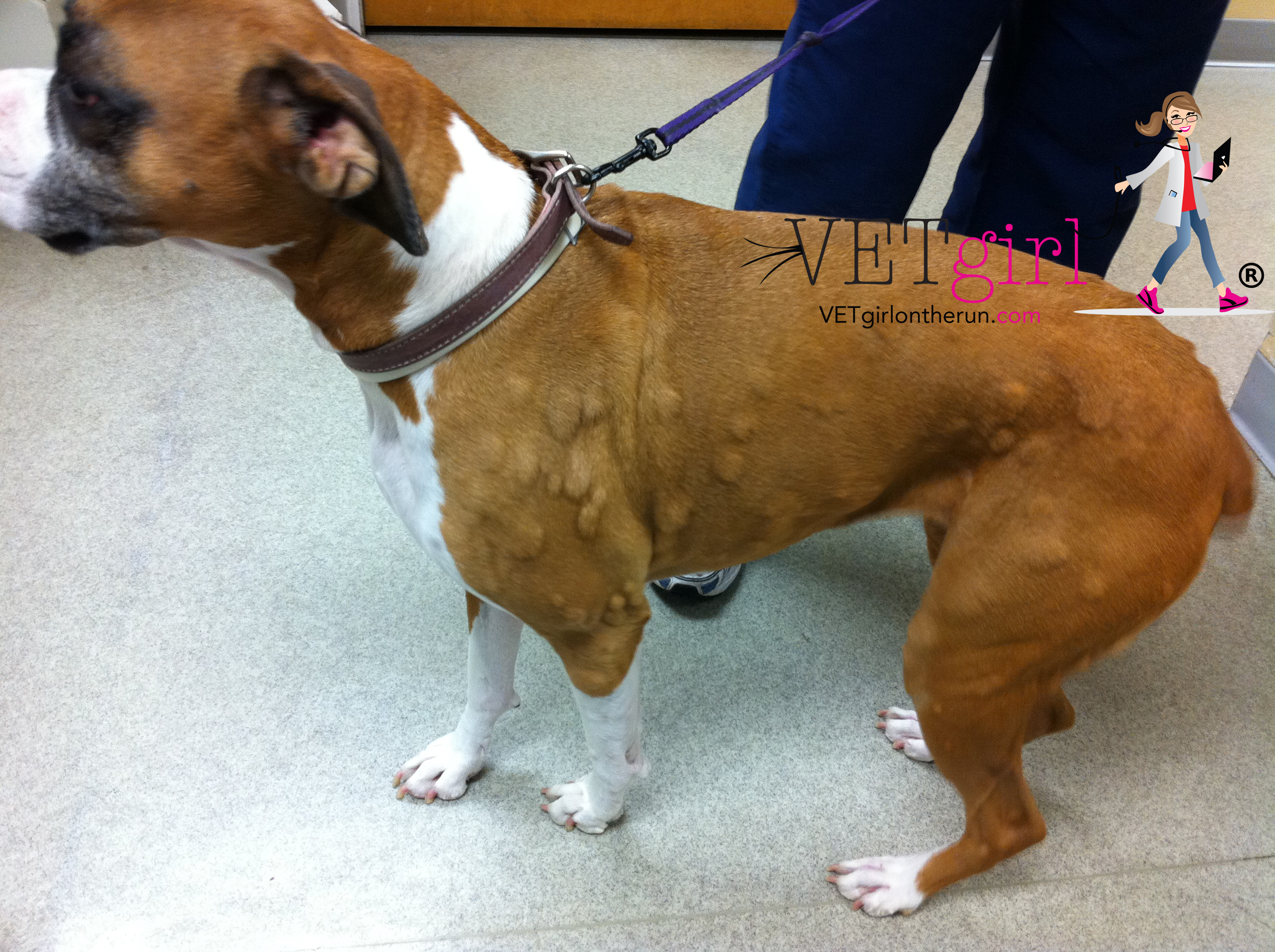
How To Treat The Allergic Reaction In Dogs Vetgirl Veterinary Ce Blog